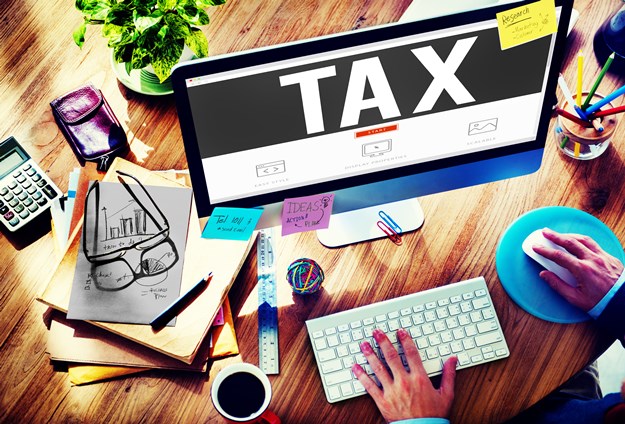The introduction of a new form of property tax from the Thai government is a welcome move, but experts believe the current set up still needs to be adjusted, reports local media. At the moment, the new laws may have loopholes or other issues that could discourage property investment and growth in the country.
While most countries have property taxes, they each have different methods to calculate rates. Taxes also vary depending on how a property is used and occupied. Property tax is currently calculated by a cost-approach assessment in Thailand, but the government is switching to a tax based on land use.
“In Thailand, the government is seeking to levy taxes on property and land. The new proposed property tax shall be a recurrent tax levied on land and built property, irrespective of whether it is owner-occupied, rented out or vacant. Another shift is the levying tax rate shall now be based on land use instead of its annually appraised value. Different rates of tax will be charged based on its use and functions,” says Chotika Tungsirisurp, CBRE Thailand Associate Director, to the Bangkok Post.
The switch from “income approach” to “cost approach” will see the taxable value now based upon the appraised value of the property as calculated from Treasury Department’s standard land and building value. While this is seen as an improvement, there are still some issues facing the new tax system that may cause confusion or loopholes.
“There is a lot of overlapping in the classifications of commercial and residential properties. For example, a commercial property is classified as one that generates an income. However, a residential condo can also generate an income if it is rented. This is something that needs to be addressed before the new law takes effect,” says Chotika.
Receive the latest property news on email from Thailand’s No.1 property website here, or read more project reviews


